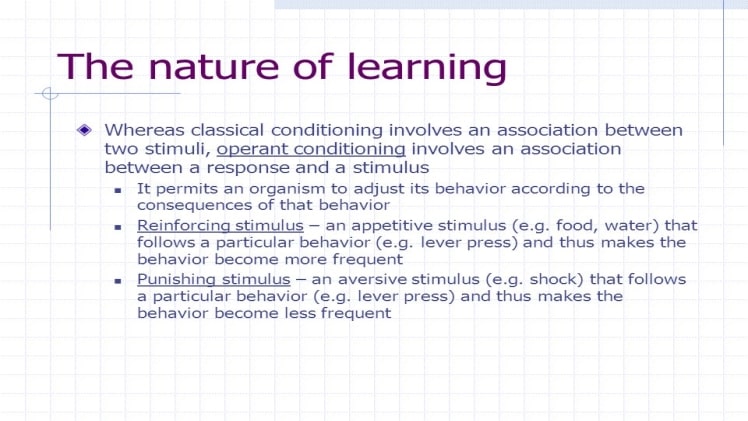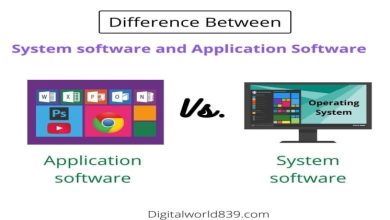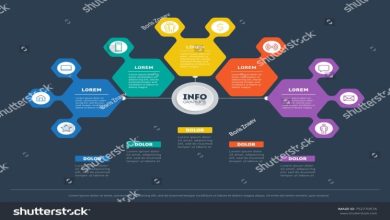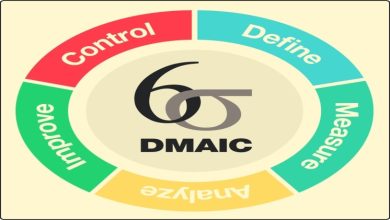Learning Nature and Steps

Learning can be defined as a development in behavior among individuals resulting from experience, activity, observation, and training. For example, when educators sell courses online, they participate in activities to learn about marketing and advertisement strategies. However, we cannot say that every behavior change is learning since momentary changes with sensory adaptation is also possible then a person cannot reflect on it to understand, conceptualize and learn.
What is the nature of learning?
Learning is a very important step in a person’s life, it allows them to grow as an individual and in particular subjects. Both, development in heart skills and soft skills are involved. Any step a person takes voluntarily to increase their area of knowledge, understanding, and experience that can affect their personal social, and emotional life is the characteristic nature of learning. It is a continuous process that starts at birth and ends with death, everything in between is the outcome of activities they perform.
By nature, an educator would learn unique marketing strategies by using an email generator tool website tool, and advanced technical features over an online course platform. This learning is encouraged through constant years of practice in the same field. All the activities performed to create and build the course shows how far they have learned, and the more they understand the better they get at marketing the course. Minimal learning suggests the minimum success of the online website.
Steps for successful learning
Goal setting
At every stage in our life, we learned something new. Off and then we don’t have a goal, what we learn or perceive goes unnoticed and lost. The youth years of an individual, especially the schooling years, are the most important piece that ensures maximum learning capacity among individuals. They have certain expectations and desires in their life. The need to fulfill wants is the first step of learning.
Students develop goals in their early years, and after pursuing academic interests, they can set goals centered around their field of career. All of this would not be possible without the initial goal or desire to become successful in life. This is a generalized aim specifically. Everyone has short-term and long-term goals. A short-term goal would be to score among the top ten students in the class, and a long-term goal would be to pursue a degree of choice.
Personal assessment and availability
The readiness of a student is very important to learn. How prepared they are, mentally and physically, ensures their learning capacity. Everyone must be mentally prepared and gather all their strength and direct it according to areas of priority.
An artist would not be available and ready for a computer science Master’s degree in university. Their evaluation of themselves must be able to determine what course they can put all their attention and effort towards. If they fail to do this, they to learn. If they fail to do this, they fail to learn.
Present life situation
In learning, the present situation plays an integral role. A middle-class person would not have the same situational opportunities as a rich person, and could comparatively learn less out of circumstances not under their control.
Social settings
Based on interaction and communication levels in a social setting, students network and learn from each other. Every child has a unique way of interacting with different groups in this society. The more people they interact with, the more they learn about different outlooks on life. It helps them grow and think beyond theoretics.
Feedback and response capacity
Personal feedback is a great driving factor for learning. Every student should self-assess their skill sets in academic and other areas of expertise.
Results
Results are the direct outcome of an individual effort. Satisfactory results motivate them or have a reverse psychological impact making them lazier. It is a common trend among high school students, often resulting in drastic results after a few years of success. However, students with low grades need to be encouraged with other activities to ensure that their results are not the final defining point of their learning and knowledge.
Reaction
The reaction to results is the ultimate behavior change, the final step in learning that keeps repeating. How people react to their results defines what they have learned.



